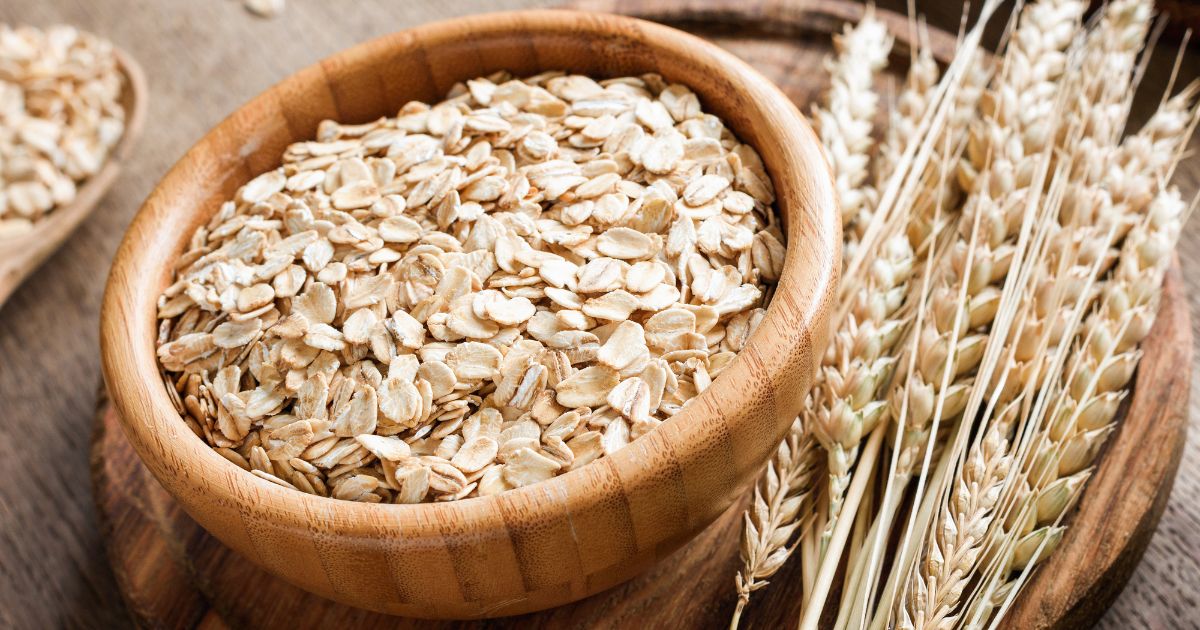The yogurt market in Spain witnessed substantial growth in 2023, marking a significant milestone for the dairy industry. Industry reports indicate that this growth is poised to continue, with a projected compound annual growth rate (CAGR) of 4.10% anticipated for the period from 2024 to 2032. This expansion reflects evolving consumer preferences, a growing awareness of health and wellness, and continuous innovations within the yogurt sector.
Historical Context:
Yogurt has deep roots in Spanish culinary traditions, with a history of consumption dating back centuries. Once a homemade staple, yogurt has evolved into a dynamic and diverse market, offering a broad range of options to cater to the tastes and nutritional needs of modern consumers.
Major Players:
The Spanish yogurt market is characterized by the presence of both domestic and international dairy companies. Major players such as Danone, Grupo Leche Pascual, and Nestlé have played instrumental roles in shaping the market dynamics. These companies have introduced a variety of yogurt products, influencing consumer choices with diverse flavors, textures, and nutritional profiles.
Market Dynamics:
- Flavor Innovation: A prevalent trend in the Spanish yogurt market is the continual innovation in flavors. Yogurt manufacturers respond to consumer demands by introducing diverse and enticing flavor profiles, ranging from traditional fruit varieties to unique blends inspired by international and local culinary influences.
- Health and Wellness Focus: The increasing focus on health and wellness has driven the demand for yogurt as a nutritious snack. Probiotic-rich yogurts, those with added vitamins and minerals, and options with reduced fat content align with consumer preferences for products that contribute to overall well-being.
- Product Diversification: Spanish yogurt manufacturers have expanded their product lines to include a wide array of offerings. This includes Greek-style yogurts known for their creamier consistency, lactose-free alternatives to cater to specific dietary needs, and organic and natural yogurts that appeal to consumers seeking minimally processed options.
- Convenience Packaging: Innovations in packaging have enhanced the convenience of yogurt consumption in Spain. Single-serving packs, resealable containers, and portion-controlled options cater to consumers’ on-the-go lifestyles, reflecting the industry’s commitment to meeting evolving consumer needs.
- Rise of Plant-Based Yogurts: Spain, in line with global trends, has witnessed the rise in popularity of plant-based diets. Plant-based yogurt alternatives, often made from soy, almond, or coconut milk, have gained traction among consumers seeking dairy-free and vegan options.
Regulatory Landscape:
The yogurt market in Spain operates within a regulatory framework overseen by entities such as the Spanish Agency for Consumer Affairs, Food Safety, and Nutrition (AECOSAN). These regulations ensure product safety, accurate labeling, and adherence to quality standards, fostering consumer trust in the diverse range of yogurt products available in the market.
Challenges and Opportunities:
While the Spanish yogurt market presents significant growth opportunities, it is not without challenges. Economic factors, shifting consumer preferences, and competition within the dairy industry can impact market dynamics. However, the industry’s adaptability, innovation, and commitment to meeting consumer expectations position it to navigate challenges and continue its positive trajectory.
Market Trends and Innovations:
- Probiotic and Functional Yogurts: There is a growing trend in Spain towards probiotic-rich yogurts and those with added functional benefits. Manufacturers are incorporating probiotics known for their positive effects on gut health, digestion, and overall well-being. Functional yogurts fortified with additional vitamins, minerals, and antioxidants are also gaining popularity, appealing to health-conscious consumers seeking enhanced nutritional value.
- Premium and Artisanal Offerings: Premium and artisanal yogurts are finding a niche in the Spanish market, catering to consumers who appreciate high-quality, handcrafted products. These yogurts often emphasize unique flavors, organic ingredients, and traditional production methods, offering a premium experience for discerning consumers.
- Reduced Sugar and Natural Sweeteners: As health awareness rises, there is an increasing demand for yogurts with reduced sugar content and those sweetened with natural alternatives. Yogurt manufacturers are responding by offering products sweetened with ingredients such as honey, agave syrup, or stevia, providing healthier options without compromising on taste.
- Plant-Based Yogurts on the Rise: Reflecting global trends, plant-based yogurts made from soy, almond, coconut, and oat milk are gaining popularity in Spain. These alternatives appeal to consumers with lactose intolerance, vegans, and those seeking plant-based options for environmental or dietary reasons.
- Yogurt-Based Snacks and Desserts: Yogurt is increasingly being incorporated into snacks and dessert products in Spain. Yogurt-based smoothies, parfaits, and frozen yogurt desserts are becoming popular choices, offering consumers convenient and indulgent options while still benefiting from the nutritional advantages of yogurt.
- Personalized Nutrition and Customization: Some yogurt brands in Spain are embracing the trend of personalized nutrition. Offering customization options such as mix-and-match flavors, toppings, and nutritional additives allows consumers to tailor their yogurt experience to their specific preferences and dietary requirements.
- Innovative Packaging: Yogurt manufacturers are exploring innovative packaging solutions to enhance convenience and sustainability. Single-serving portions, eco-friendly packaging materials, and resealable containers are gaining prominence, aligning with consumer preferences for on-the-go options and environmentally conscious choices.
- Collaborations and Limited Editions: Collaborations between yogurt manufacturers and other food or beverage brands are becoming more prevalent. Limited-edition yogurt flavors and co-branded products generate excitement among consumers, creating a sense of exclusivity and encouraging trial purchases.
E-commerce and Digital Presence:
The rise of e-commerce has influenced the distribution channels for yogurt products in Spain. Consumers can conveniently purchase a diverse range of yogurt options online, contributing to increased accessibility. Digital marketing strategies, including social media campaigns and influencer collaborations, play a crucial role in enhancing brand visibility and engagement, especially among younger demographics.




